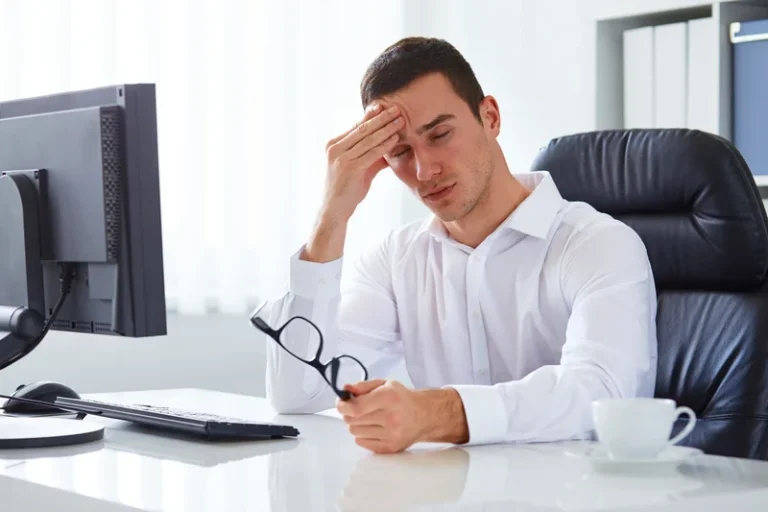
It’s important for people with alcohol intolerance to be especially mindful of their alcohol consumption. In particular, many people with alcohol intolerance wonder how to prevent the alcohol flush reaction, because they consider it embarrassing or unattractive. Some people take Pepcid to reduce their flush reaction and manage other symptoms of alcohol intolerance, but this approach is not recommended. The most effective treatment is not drinking alcohol at all, or drinking only occasionally and in small amounts. Avoid smoking and taking medication while drinking, as this can worsen alcohol intolerance symptoms. For anyone who drinks alcohol, staying hydrated can help reduce the negative effects.
Why Does Wine Cause a Stuffy Nose?
These range from heart and liver damage to a greater risk of certain cancers. Drinking plenty of water, limiting and slowing down alcohol consumption, and eating before drinking can help to reduce the vasodilation effects of alcohol. Incorporating dark leafy greens, rich in chlorophyll, can counteract excess ammonia and support detoxification. Molybdenum supplements may benefit individuals with sulfite allergies by promoting effective sulfur Sober living house metabolism.

Sneeze attacks
Experts, including doctors and dietitians, encourage moderation in alcohol intake. This genetic condition means that you experience negative symptoms when drinking alcohol because your body is unable to process it properly. Because the body can’t break down alcohol, it’s toxic byproducts sneezing after drinking alcohol flood the system and accumulate with each drink you have. Beer also contains histamines which could cause a reaction in some people, including sneezing and stuffy nose after drinking.
📹 How To Stop Sneezing From Red Wine
- They are also added to beer as preservatives to prevent the growth of bacteria that can turn the alcohol to vinegar.
- Ultimately, expert consensus underscores that no specific alcoholic drink is least harmful, emphasizing a cautious approach towards alcohol consumption.
- Sneezing after drinking beer could be caused by a mild allergic reaction due to a build-up of histamines in your system.
- During a skin prick test, your doctor will use a lancet to prick or scratch your skin.
Knowing the potential risk posed by histamines will help ensure that the wine is safe and enjoyable for everyone to consume. If you suspect you have a beer allergy, you can consult a doctor and undergo allergy testing to determine the specific ingredients you are allergic to. Beer, brown liquor, and cider contain the highest levels of sulfites among alcoholic beverages. Sulfites are also found in wine, where they occur naturally as a result of the fermentation process. Histamines are chemicals produced by the human immune system and are found in nearly all tissues of the body.
Sulfites intolerance
You’ll also experience symptoms when you eat other food products containing that allergen. If you experience a mild allergic reaction, over-the-counter oral antihistamines may be enough to treat it. If you develop any signs of a severe reaction, you should receive one or more doses of epinephrine. It’s available in preloaded syringes, known as epinephrine auto-injectors (e.g., EpiPen).
- While it doesn’t happen to all individuals with this condition, it’s still fairly common.
- However, the sneezing caused by drinking beer could also be due to an interaction between beer or alcohol and any medication you’re taking.
- It’s important to note that a Red Wine Allergy is not the same as an intolerance to red wine.
- We use a pharmacist-formulated blend of Glutathione, Dihydromyricetin, Cysteine, L-Theanine, & B Vitamins to stop alcohol flushing before it can begin.
Sunset Forte Alcohol Flush Support
Nonallergic rhinitis can also occur following the consumption of certain food triggers, particularly hot or spicy items. Furthermore, alcohol can cause swelling in the nasal tissue, leading to nasal congestion—an aggravating factor for allergic rhinitis symptoms. If you have symptoms after drinking beer, but not after drinking wine or other alcoholic beverages, it’s not alcohol intolerance. More likely, you’re allergic to or sensitive to a particular ingredient in that beer. Wine, specifically red wine, can worsen allergy symptoms due to the presence of sulfites, which can trigger asthma and other allergic reactions in some people.

Alcohol by-products can cause minor allergic reactions when not broken down quickly, leading to sneezing and other allergy-like symptoms. The most likely explanation is that alcohol dilates blood vessels in the nose, which can cause irritation and lead to sneezing. Sneezing after drinking beer may be caused by a mild allergic reaction due to a build-up of histamines in the body. If you’re allergic to alcohol, you may experience hives, itching, swelling, difficulty breathing, and wheezing.
How Does Physical Fitness Prevent Injury?

However, the sneezing caused by drinking beer could also be due to an interaction between beer or alcohol and any medication you’re taking. It is important to determine whether you are allergic to a specific ingredient in the beer or if it is due to an interaction with medication. If you are experiencing any of these symptoms after consuming https://ecosoberhouse.com/ alcohol and you are unsure of the cause, it is recommended to raise your concerns with your doctor. The fermentation and ageing process of making wine directly produces histamines, the chemicals your body makes in response to allergy triggers. This leads to allergy symptoms like a runny nose, stuffy sinuses, and sneezing.
Headaches or Migraines
Alcohol-induced sneezing can occur even without having an alcohol allergy. It is best to consult a healthcare professional for a proper diagnosis if you suspect an alcohol allergy. If you suspect you have alcohol intolerance, it is best to consult a healthcare professional for an accurate diagnosis and advice. Reducing negative reactions to alcohol when you have allergies involves responsible drinking habits, awareness of your triggers, and effective management of your allergies.
